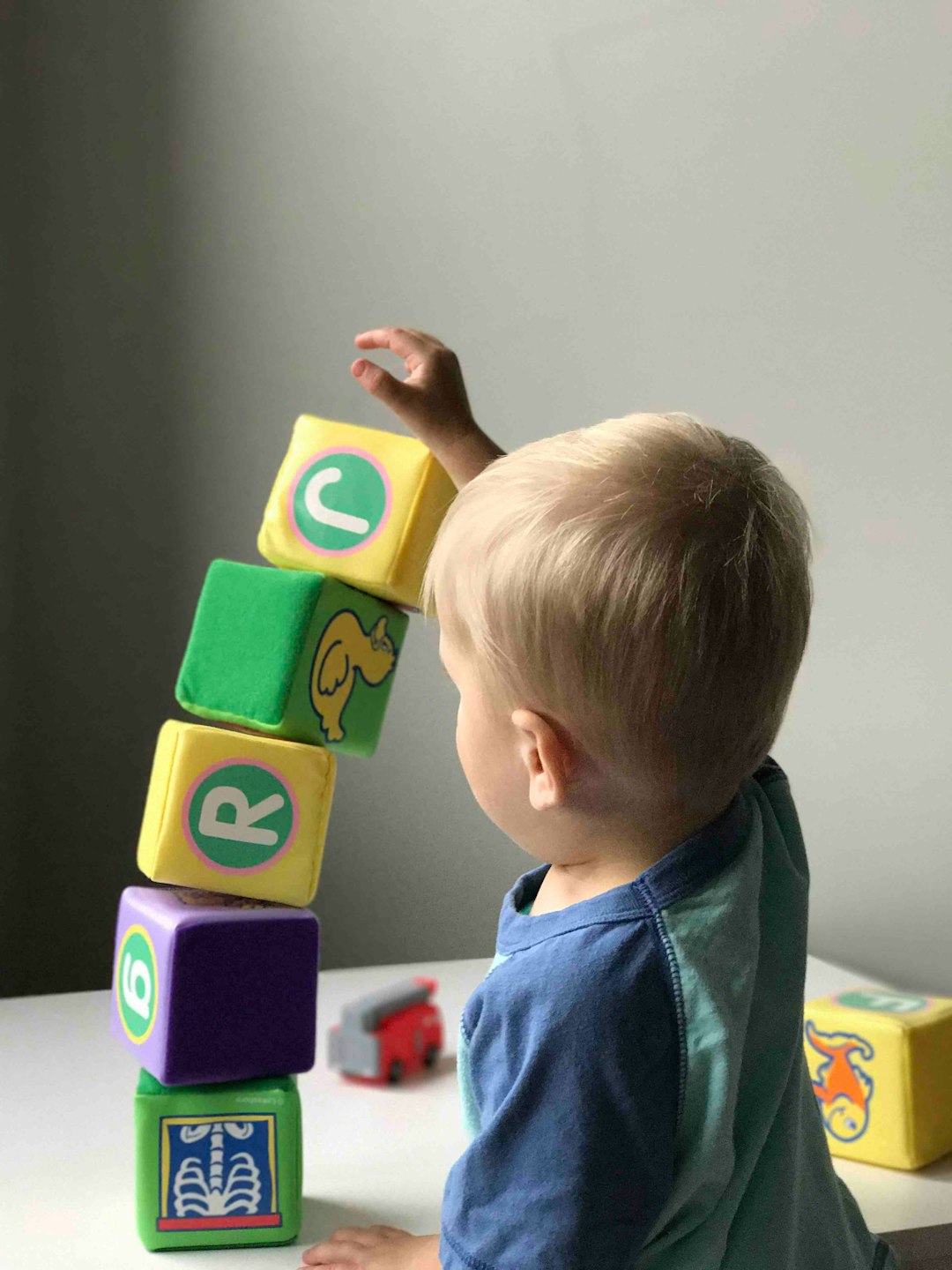Emotional abuse in Atlanta daycare settings is recognized through signs like irritability and withdrawal. Georgia laws protect children, mandating caregiver reporting of suspected abuse. Parents should communicate regularly with caregivers and watch for behavioral changes. Staff training on emotional distress recognition is crucial, supported by legal requirements from daycare abuse law firms Atlanta GA. Parents can seek justice and accountability through these specialized firms.
In Roswell, recognizing emotional abuse in daycare settings is crucial for every parent. This comprehensive guide explores the subtle signs of distress among children, highlighting the importance of understanding Georgia’s stringent legal protections. Learn how to spot unhealthy behaviors as a parent and the vital role daycare staff play in prevention and reporting. For Atlanta families seeking justice, discover resources available to support your journey towards safeguarding our youngest members. Turn to experienced daycare abuse law firms in Atlanta, GA, for guidance.
Recognizing Red Flags: Emotional Signs in Daycare

Recognizing emotional abuse in daycare settings is crucial for ensuring the safety and well-being of children. Parents in Atlanta, GA should be vigilant in spotting red flags that might indicate a problem. Signs of emotional distress in young children can include frequent irritability, anxiety, or withdrawal from social interactions. They may also exhibit excessive shyness, reluctance to participate in activities, or sudden changes in behavior.
Daycare abuse law firms in Atlanta GA emphasize that caregivers should be attentive to these cues and investigate any unusual patterns. If a child consistently displays such emotional signs without apparent reason, it could be an alarm bell. Additionally, observant parents should pay attention to how the daycare staff interacts with children. Unreasonable discipline methods, constant criticism, or a lack of empathy can all suggest an unhealthy environment that may lead to emotional abuse.
Legal Protections for Children: Georgia's Laws

In Georgia, including the vibrant city of Atlanta, children in daycare settings are protected by stringent laws aimed at preventing and addressing emotional abuse. The state’s legislation is designed to ensure that caregivers and facilities maintain safe, nurturing environments for young minds. Key protections include strict licensing requirements for daycares, regular inspections, and robust reporting mechanisms for suspected instances of abuse or neglect. Parents and guardians in Atlanta are empowered by these laws to seek legal recourse through daycare abuse law firms if their child’s emotional well-being is compromised.
Georgia’s laws mandate that caregivers report any observed or suspected cases of emotional abuse, defining it as any act or omission that causes mental suffering, harm, or distress to a child. This includes instances where a child is consistently subjected to yelling, threats, humiliation, or isolation. By holding daycare facilities and caregivers accountable, these legal protections aim to create a culture of safety and respect within Atlanta’s childcare community, enabling families to trust the care their children receive from licensed and reputable daycares.
The Role of Parents: Spotting Unhealthy Behaviors

Parents play a pivotal role in recognizing and addressing emotional abuse in daycare settings. They are often the first line of defense, as they spend significant time with their children and can pick up on subtle changes in behavior or mood. By being vigilant and attuned to their child’s well-being, parents can spot unhealthy behaviors that may be indicative of abuse.
Daycare abuse law firms in Atlanta, GA, often emphasize the importance of open communication between parents and caregivers. Regular check-ins, detailed daily reports, and a willingness to discuss any concerns are crucial. Parents should look for signs such as excessive anxiety, withdrawal from social interactions, or sudden changes in eating habits—all potential indicators that something is amiss. Trusting their instincts and seeking professional advice when necessary can help ensure the safety and emotional well-being of their children.
Daycare Staff Training: Preventing and Reporting Abuse

Daycare staff training is a critical component in preventing and reporting potential emotional abuse within childcare settings. Many states, including Georgia, have strict laws in place to protect children from all forms of maltreatment, and Atlanta GA daycare abuse law firms emphasize the importance of adequate training for caregivers. This training should cover recognizing signs of emotional distress in children, understanding age-appropriate behavior, and implementing strategies to create a safe and nurturing environment.
Caregivers must be equipped with the knowledge to identify subtle cues of trauma or distress, as emotional abuse can often go unnoticed. Regular workshops, webinars, and interactive sessions can help staff stay updated on best practices, current research, and legal requirements related to child safety. Moreover, establishing clear reporting protocols ensures that any concerns or suspected cases of abuse are promptly addressed by the appropriate authorities.
Atlanta Families: Seeking Justice & Support

Many families in Atlanta, GA, have been seeking justice and support when they suspect their children have experienced emotional abuse in daycare settings. With an increasing awareness of childcare rights and a growing number of dedicated daycare abuse law firms in Atlanta, parents are more empowered than ever to take action. These legal professionals specialize in investigating and prosecuting cases of childhood trauma, advocating for the victims, and ensuring that care facilities uphold their responsibilities.
Atlanta’s daycare abuse lawyers play a crucial role in holding institutions accountable, offering guidance during investigations, and providing compensation for the emotional and psychological scars left on children. Their expertise lies in navigating complex laws and regulations related to childcare, making certain that families receive the justice they deserve.



